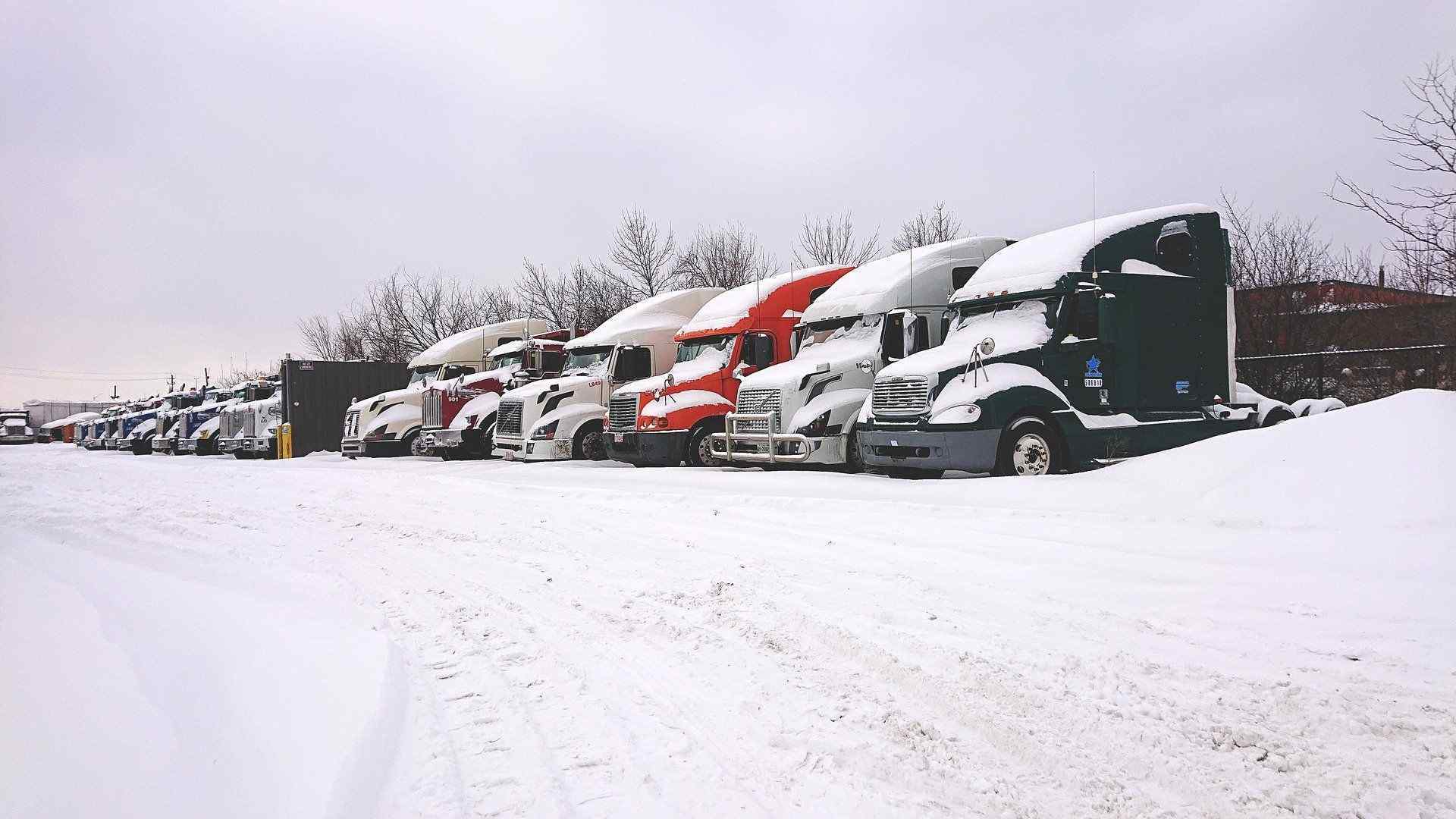As the calendar pages turn towards December and the colder winter months, it’s time to talk about diesel fuel gelling prevention tips and how a FASS system can help with this problem. Diesel fuel contains paraffin and will solidify and gel when the temperature drops. At 32 degrees Fahrenheit the paraffin in diesel crystalizes and becomes cloudy. When it really gets cold, in the 10-15 degrees Fahrenheit range then the paraffin will gel and cause clogged fuel lines and filters. Some signs that your diesel fuel could be gelling in cold weather can be the engine not starting, sluggish throttle response, improper acceleration, and marked differences in fuel pressure indicators.
DIESEL FUEL GELLING PREVENTION TIPS
How to prevent diesel fuel gelling? Before answering this question, first let’s examine what type of diesel fuel you are putting in your truck. Diesel fuel at the pump is typically offered in #1 or #2 varieties. What’s the difference? #1 diesel fuel generally has lower energy components and also has paraffin removed from the chemical mix. The absence of paraffin means that #1 diesel fuel will not gel in colder weather and is generally more liquid and has less viscosity than #2. On the other hand, #2 diesel fuel is what is most commonly found at the pump and is slightly more viscous than #1 and burns more slowly which increases fuel mileage. In the colder winter months, many truck drivers turn to a mixture of #1 and #2 diesel to combat the effects of fuel gelling in colder weather.
Adding an additive fuel treatment is another diesel fuel gelling prevention tip, as they combat the gelling effect by preventing crystals from forming in the paraffin. Other diesel fuel gelling prevention tips include idling the engine at all times to keep the fuel warm to prevent gelling. Although idling is effective, it is not recommended due to the lowering of fuel economy and wear and tear it produces on the engine.
FASS FUEL GELLING SOLUTIONS
Here at FASS, customers have an easy built-in solution to our fuel air separation systems to prevent diesel fuel from gelling in cold weather. Customers who purchase our Titanium Signature Series fuel air separation systems get two built in electric heater ports that provide easy installation of our electric heater kit. Each electric heater kit provides a heating element that produces 100 watts of electric heat to warm cloudy or gelled diesel fuel. When installed, the heater will begin warming the diesel fuel once the key is in the on position and will automatically shut off after the proper fuel temperature has been reached. FASS recommends customers install 2 of the electric heater kits if you are running in temperatures below minus 20 degrees Fahrenheit whereas otherwise one electric heater kit should suffice.
Or, another newer option that we’re offering customers is our High Output Fuel Heater Disk that automatically powers on when the temperature drops below 34 degrees Fahrenheit to counter the gelling effect. The powerful heating element in the High Output Fuel Heater Disk provides 300 watts of electric heat to warm gelled diesel fuel and ensure your rig is running at optimum performance. We have tested our electric heater kit’s starting performance with #2 diesel fuel down to minus 30 degrees Fahrenheit and have run at -40 degrees Fahrenheit! FASS simply can’t be beat in cold weather performance and FASS is committed to keeping you running even in the coldest weather conditions!

